Design Patterns and Best Practices in Java. A comprehensive guide to building smart and reusable code in Java Kamalmeet Singh, Adrian Ianculescu, Lucian-Paul Torje
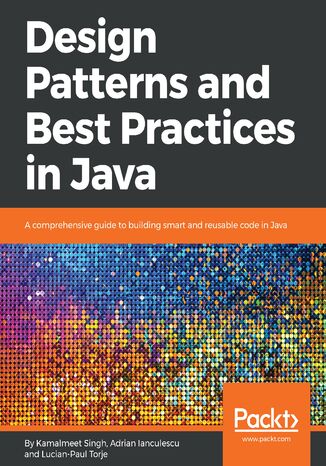



- Autorzy:
- Kamalmeet Singh, Adrian Ianculescu, Lucian-Paul Torje
- Wydawnictwo:
- Packt Publishing
- Ocena:
- Stron:
- 280
- Dostępne formaty:
-
PDFePubMobi
Opis
książki
:
Design Patterns and Best Practices in Java. A comprehensive guide to building smart and reusable code in Java
We focus on showing you the practical aspects of smarter coding in Java. We'll start off by going over object-oriented (OOP) and functional programming (FP) paradigms, moving on to describe the most frequently used design patterns in their classical format and explain how Java’s functional programming features are changing them.
You will learn to enhance implementations by mixing OOP and FP, and finally get to know about the reactive programming model, where FP and OOP are used in conjunction with a view to writing better code. Gradually, the book will show you the latest trends in architecture, moving from MVC to microservices and serverless architecture. We will finish off by highlighting the new Java features and best practices. By the end of the book, you will be able to efficiently address common problems faced while developing applications and be comfortable working on scalable and maintainable projects of any size.
Wybrane bestsellery
Packt Publishing - inne książki
Dzięki opcji "Druk na żądanie" do sprzedaży wracają tytuły Grupy Helion, które cieszyły sie dużym zainteresowaniem, a których nakład został wyprzedany.
Dla naszych Czytelników wydrukowaliśmy dodatkową pulę egzemplarzy w technice druku cyfrowego.
Co powinieneś wiedzieć o usłudze "Druk na żądanie":
- usługa obejmuje tylko widoczną poniżej listę tytułów, którą na bieżąco aktualizujemy;
- cena książki może być wyższa od początkowej ceny detalicznej, co jest spowodowane kosztami druku cyfrowego (wyższymi niż koszty tradycyjnego druku offsetowego). Obowiązująca cena jest zawsze podawana na stronie WWW książki;
- zawartość książki wraz z dodatkami (płyta CD, DVD) odpowiada jej pierwotnemu wydaniu i jest w pełni komplementarna;
- usługa nie obejmuje książek w kolorze.
Masz pytanie o konkretny tytuł? Napisz do nas: sklep@helion.pl
Książka drukowana


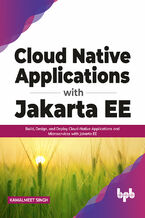



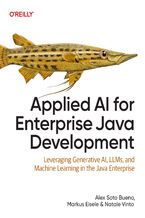
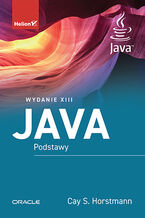

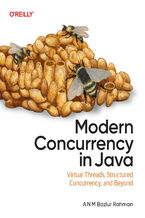
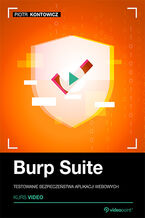










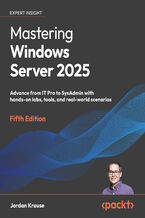

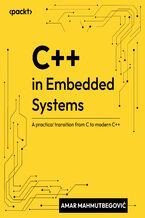

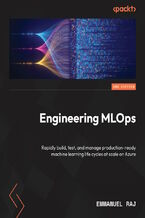

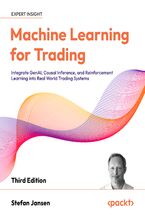
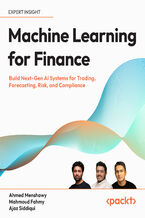



Oceny i opinie klientów: Design Patterns and Best Practices in Java. A comprehensive guide to building smart and reusable code in Java Kamalmeet Singh, Adrian Ianculescu, Lucian-Paul Torje
(0)